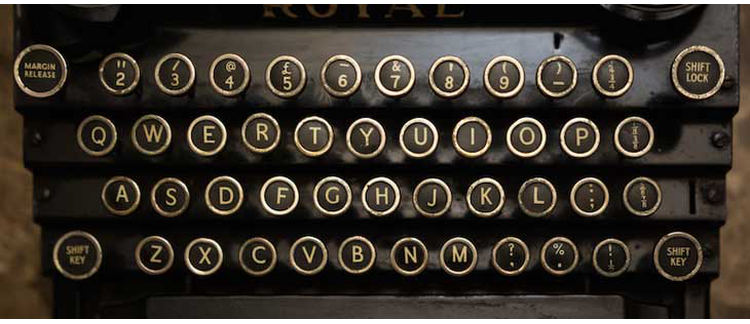Abstract
To Tony Tanner, Pynchon's novels suggest "that the fantasies we build to help us live represent, in fact, an infiltration of that death we think we are so eager to postpone." Tanner refers here to a propensity of many to "avoid confronting the human reality of other people, and of themselves, by all manner of depersonalizing strategies" (23). To avoid the specter of death, men either exchange their humanity for "inanimate objects and abstract theories" or reduce their fellows--those reminders of age, decay, ineluctable mortality--to inconsequential, dehumanized object status. The novel V. offers manifold examples of both tendencies. Rachel's fondness for her M.G., Eigen-value's attachment to his precious dentures, Mantissa's obsession with Botticelli's Birth of Venus, and, obviously, V.'s desire for "a foot of amber and gold" (459) illustrate how far people will go in seeking some comforting thing, some object "to pray to," to quote Henry Adams. The reduction of people to "thing-status" (Tanner 23) is no less apparent in V.'s manipulation of Melanie and the linear-inanimate barmen, taxi-drivers, bellhops, guides" (384) populating the tourist's Baedeker world.
How to Cite:
Cain, J. E., (1985) “The Clock as Metaphor in "Mondaugen's Story"”, Pynchon Notes 17, 73-77. doi: https://doi.org/10.16995/pn.367
Downloads:
Download PDF

